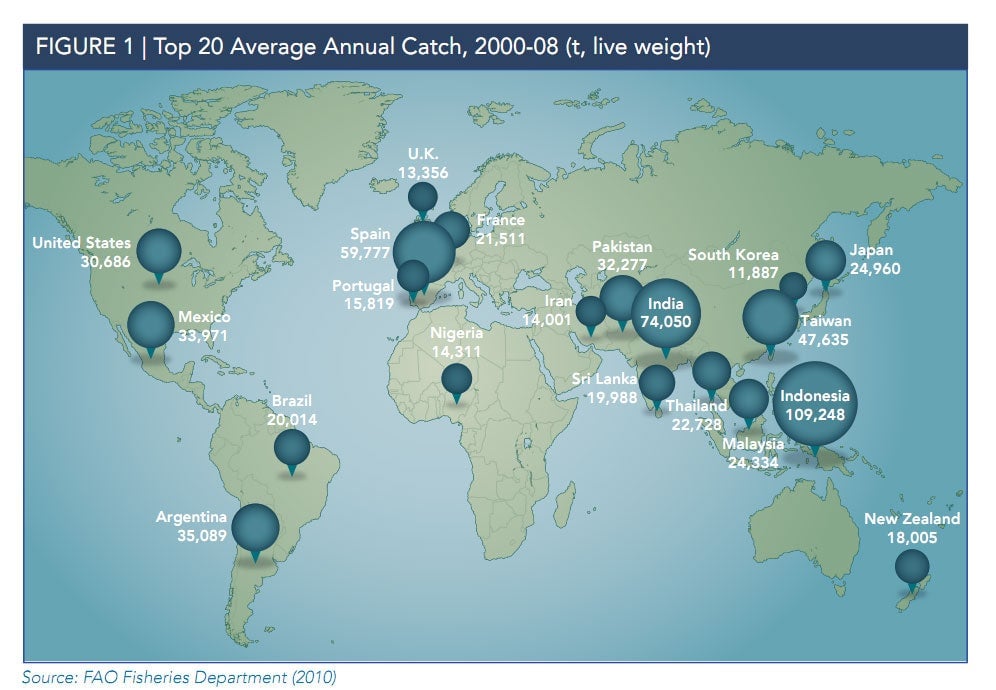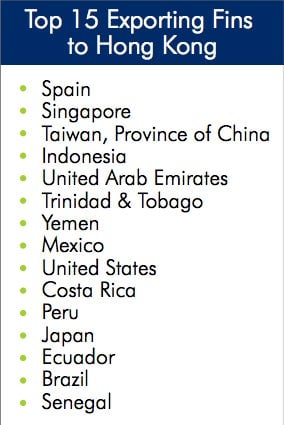Why it matters that the world’s second-biggest shark-catching country just banned “finning”
This post has been corrected.


This post has been corrected.
India is second only to Indonesia in catching sharks—it caught 74,000 tonnes (81,600 tons) in 2011, compared with Indonesia’s 109,000 tonnes, according to Traffic (pdf), a non-governmental organization. And India just announced that it’s adopting a “fins on” policy in its coastal waters, forbidding fishermen from bringing detached fins back to shore. That prevents them from ”shark-finning,” the practice of cutting a shark’s fins off and chucking the shark, still living, back in the water to die.
Is this a big deal? Well, the answer is both no, and yes.
As we’ve written before, hacking off and keeping only the fin allows fishermen to collect many more fins, which are sold at a high premium—as much as $500 per pound, compared with around $0.50 per pound for regular shark meat.
Under India’s new law, anyone found with a detached shark fin could face up to seven years in jail. (Technically, fishermen with detached fins will be charged with hunting endangered species, on the grounds that certain sharks are endangered, and it’s hard to distinguish species by fin alone.)
This makes India now the biggest shark-catching nation in history to implement a “fins on” approach; the previous largest was Spain, which as part of the European Union adopted the “fins on” approach last spring.

But India’s not the biggest shark fin exporter to go “fins on.” That would be Spain. In fact, India doesn’t even make the top 15:

That’s because most of the sharks India catches are for food, not for their fins. And its fin exports are falling: India only exported $4.8 million in shark fins to China in 2012, down from $11.3 million in 2010. (That’s according to official data; much of the fin trade goes unreported.)
So India’s new law won’t make much of a dent in the trafficking of fins.
Nonetheless, the law is worth celebrating. It sets a bar in shark conservation and protection measures, especially for poorer countries. Of all the places on both of the above lists, only the EU and Ecuador are as aggressive. Plus, with big shark-fishing countries like India, the United Kingdom, France, Portugal and Spain now requiring fins attached, around 18% of sharks caught globally each year are now pretty much guaranteed to be humane. Counting the US, where laws are very close to those adopted by India and the EU, that figure’s nearly 21%.
Correction: Aug. 28, 9:00 p.m. (EST): Data in this post have been corrected to reflect approximations of the impact of “fins-on” bans by India and the EU—and laws in the US that are almost as aggressive—that assume, as Traffic does, that the top 20 shark-catching nations catch nearly 80% of the global shark catch.